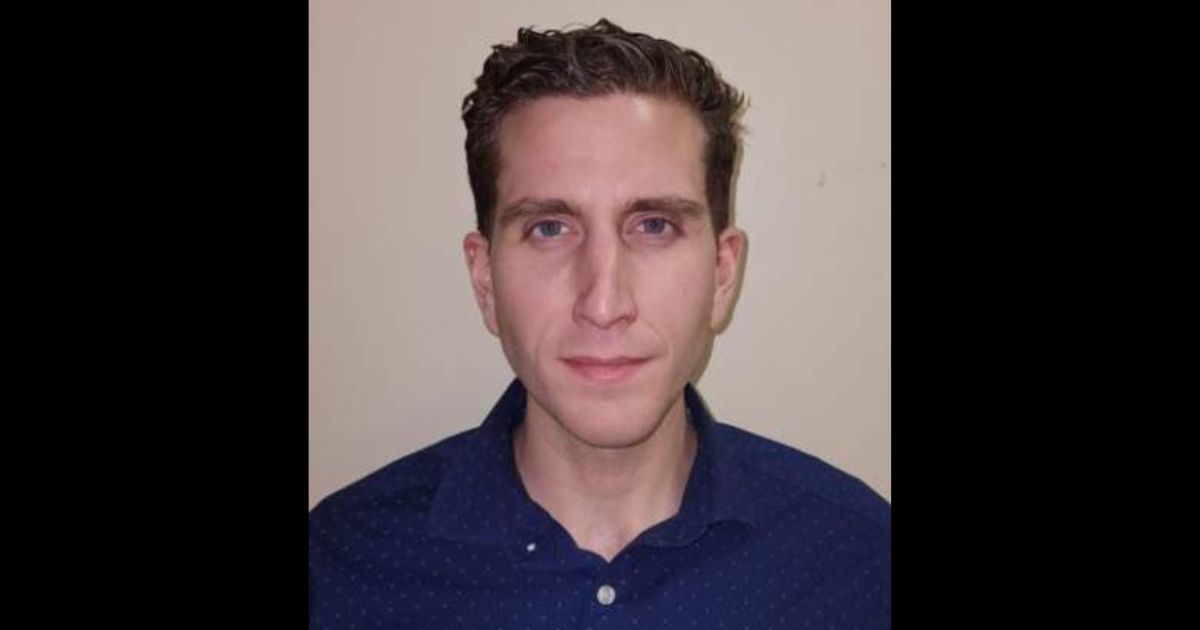A classmate of the suspect in Idaho’s quadruple murder is now wondering what took place behind the impassive façade of accused killer Bryan Kohberger as their criminal justice class discussed the killings.
Kohberger, 28, was a graduate student majoring in criminology at Washington State University in Pullman, Washington, which is about nine miles from Moscow, Idaho, where four University of Idaho students were killed on Nov. 13.
Fellow student B.K. Norton said Kohberger was “quiet and deadpan” during discussion of the murders, according to the New York Post.
“I don’t believe he had any reaction. We had quite a long conversation in class about it, too. I don’t believe I remember him commenting about it at all,” Norton said.
Norton said she was shocked by Kohberger’s arrest, saying, “Little did we know the [suspect] was among us.”
Norton told The Associated Press that Kohberger was “a little off, but I always thought it was because he was awkward and wanted to fit in.”
A few more of him pic.twitter.com/UbJcwHUjen
— Jon Nicosia (@NewsPolitics) December 30, 2022
Graduate student Ben Roberts said Kohberger changed after the killings, according to the Seattle Times.
“He was starting to show up really tired. … He’d always have a cup of coffee in his hand, and he kind of looked like he was riding the knife edge between worn out and completely exhausted,” he said.
“I had honestly just pegged him as being super awkward,” Roberts told the AP.
Norton told The New York Times that she saw a positive change in Kohberger at the time of the murders.
“He seemed more upbeat and willing to carry a conversation,” she said.
“He sort of creeped people out because he stared and didn’t talk much, but when he did it was very intelligent and he needed everyone to know he was smart.”
According to the AP, chief Monroe County, Pennsylvania, public defender Jason LaBar said Kohberger will waive his extradition hearing when he appears in court on Tuesday.
LaBar said Kohberger should not be presumed guilty.
“Mr. Kohberger has been accused of very serious crimes, but the American justice system cloaks him in a veil of innocence. He should be presumed innocent until proven otherwise — not tried in the court of public opinion,” he said in a statement.
This article appeared originally on The Western Journal.
























 Continue with Google
Continue with Google